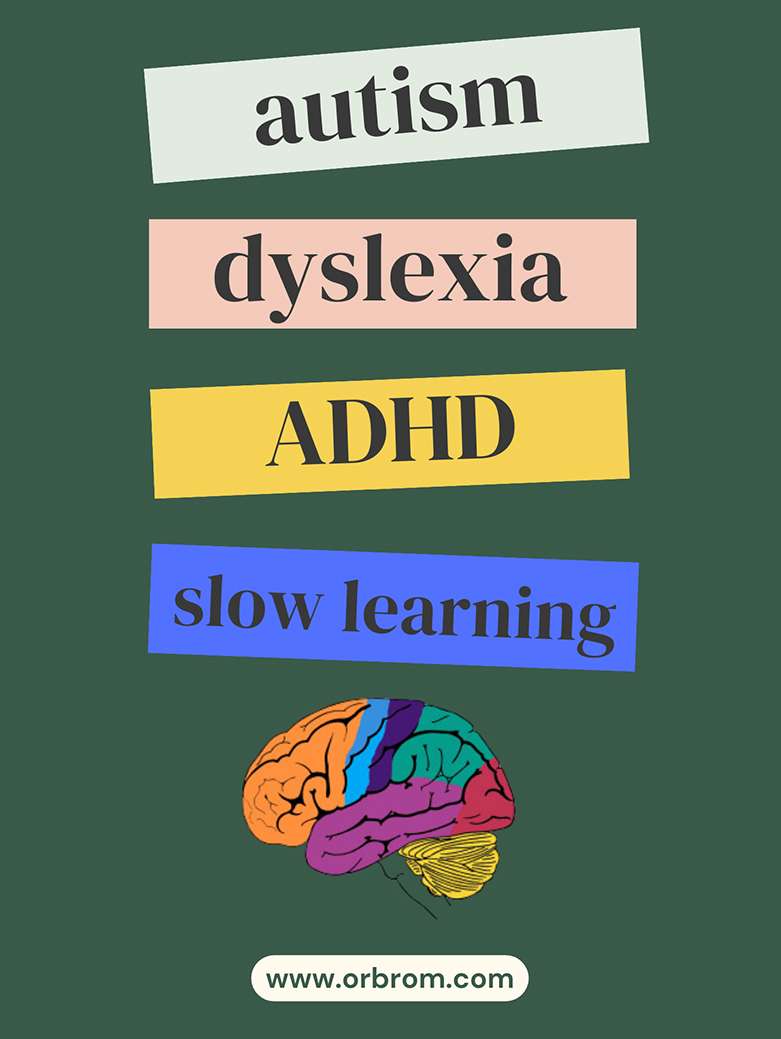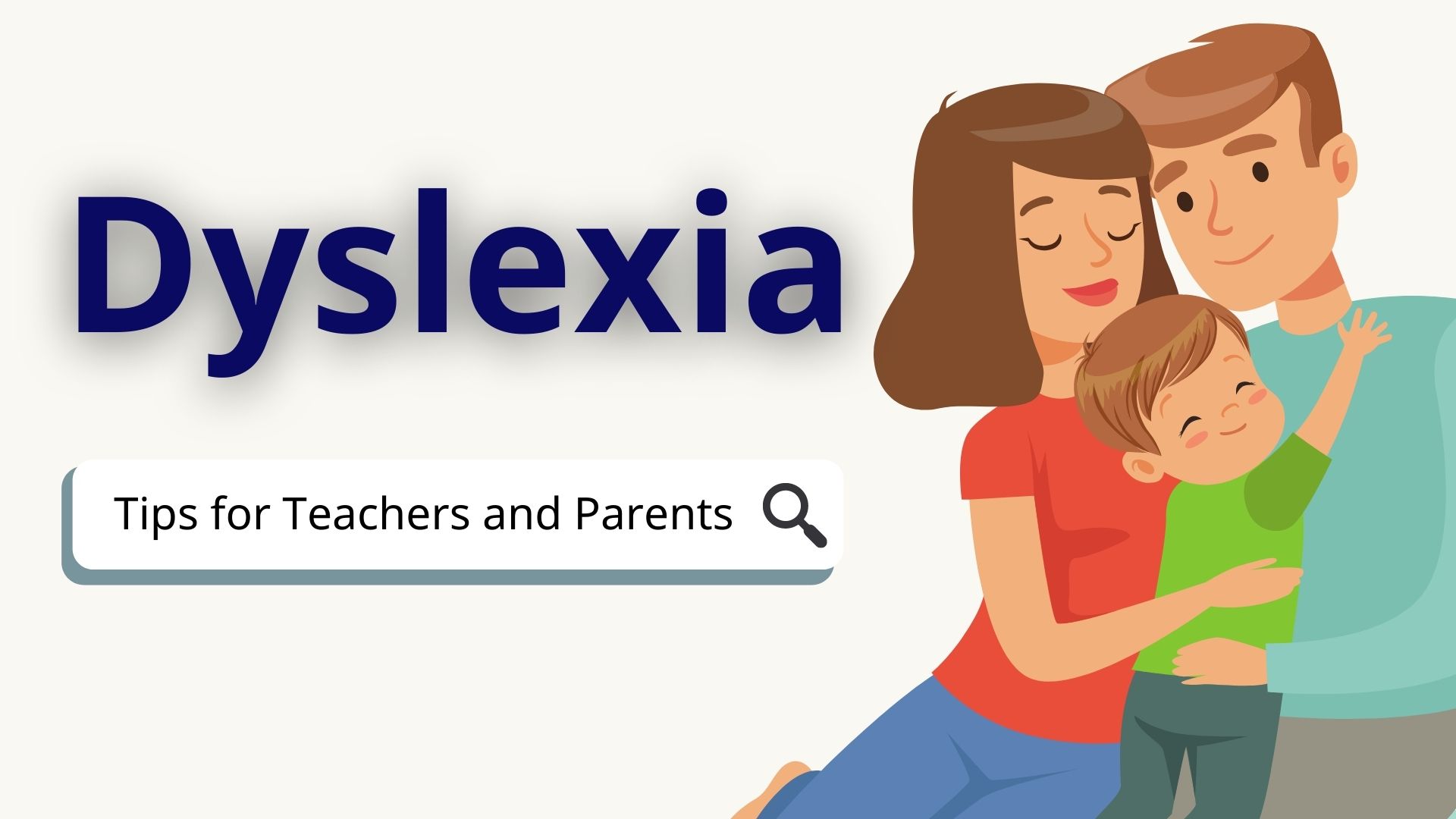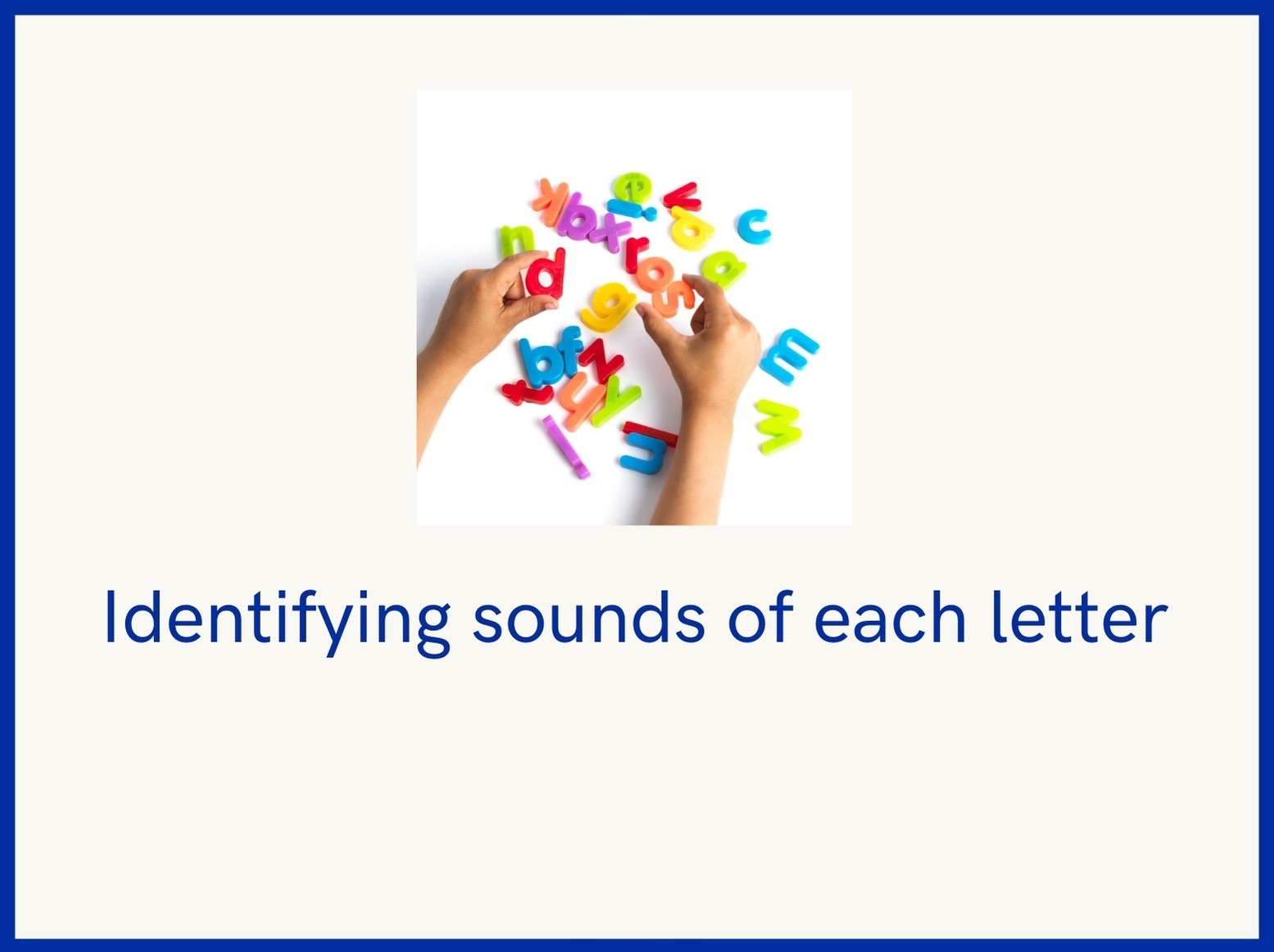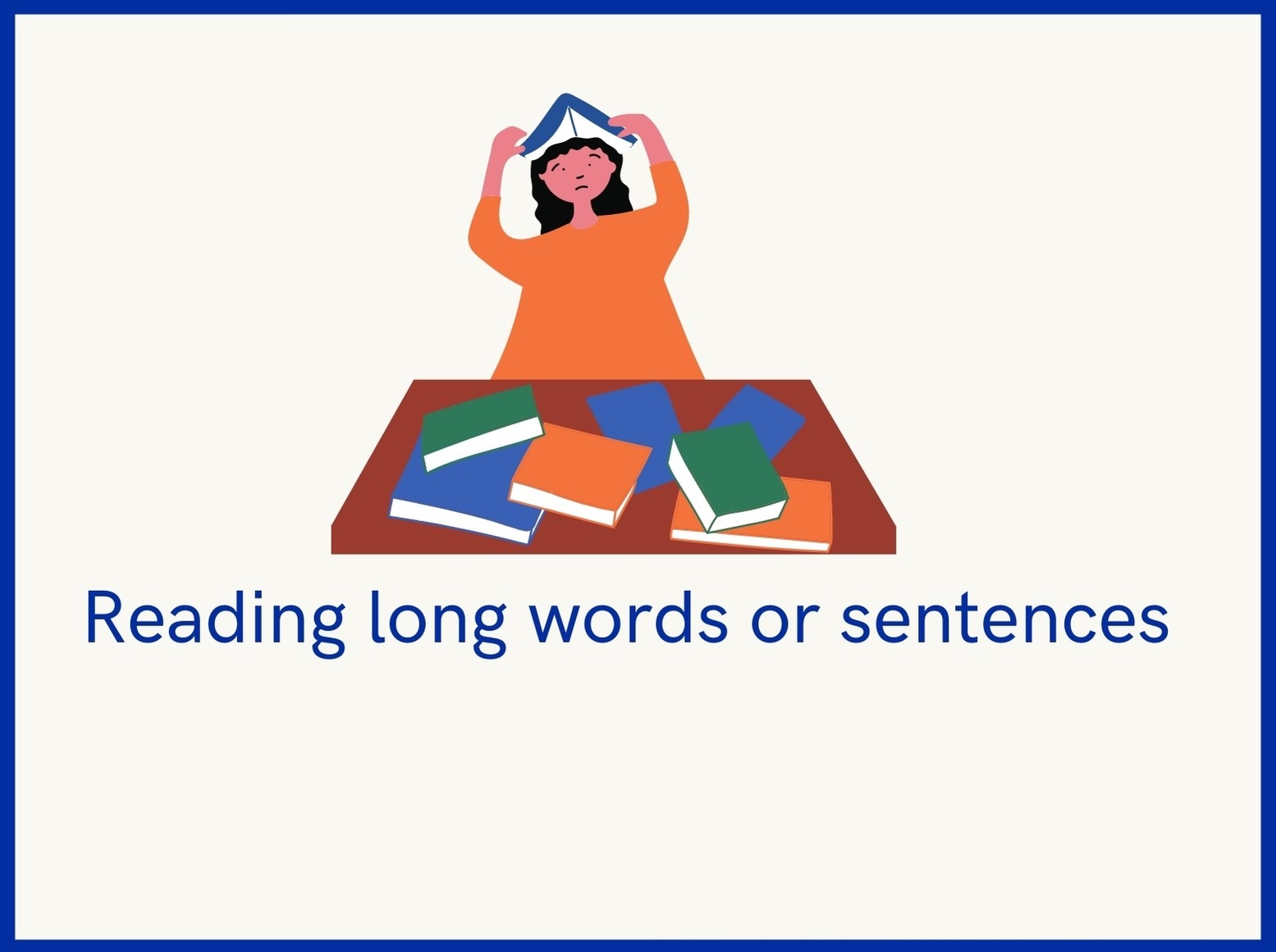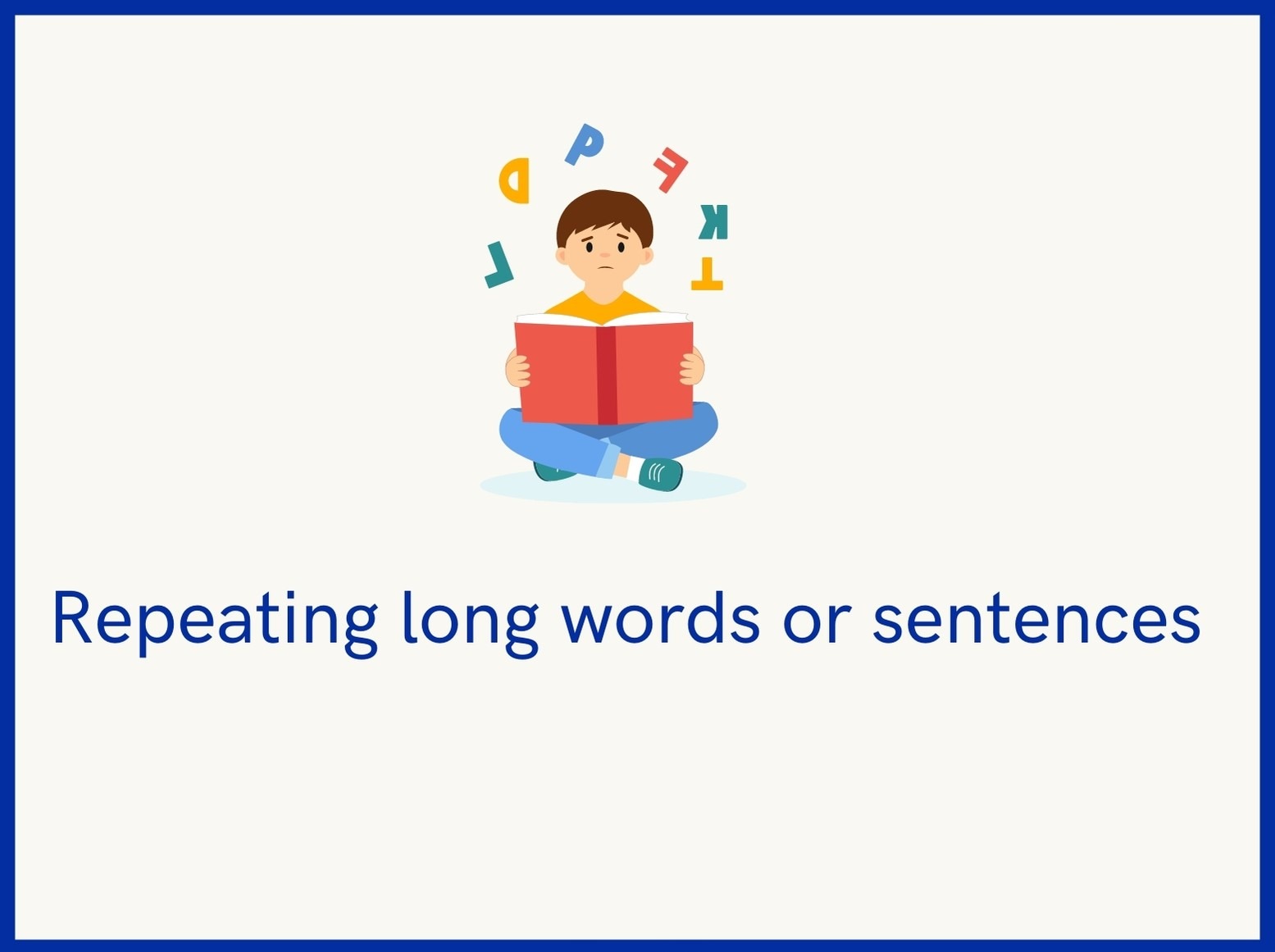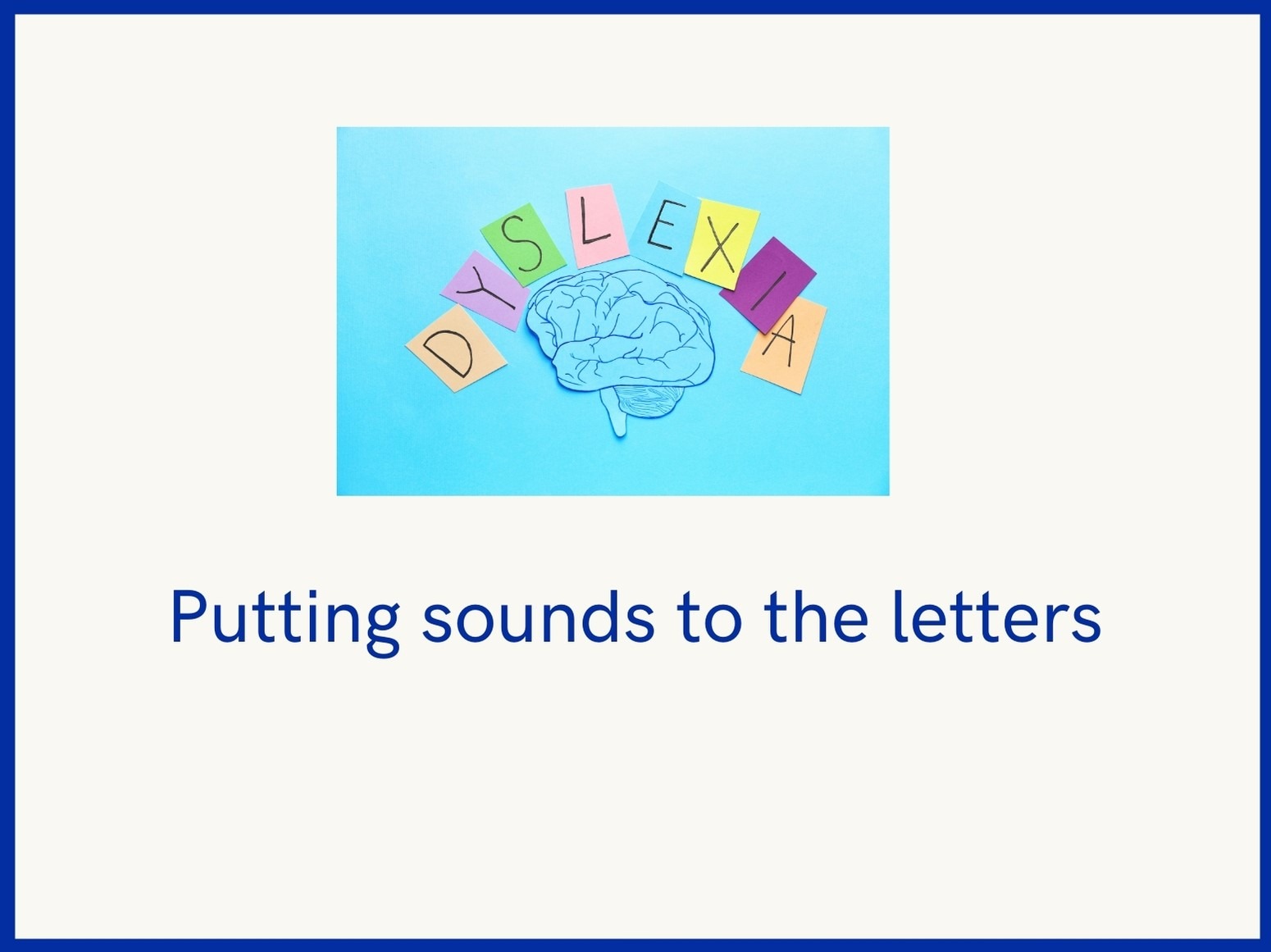Services for Autism, ADHD, Dyslexia, Spelling Difficulty, social and slow learning, Down Syndrome, and Selective Mutism. OrbRom is the best option in Phnom Penh.
If you are concerned about your child’s development, Contact OrbRom Center for Assessments.
Phone/Telegram: 077.455.993
Telegram Link: https://t.me/OrbRom
Dyslexia
What Is Dyslexia? Symptoms, Causes, Tests, Treatment, and More
What is Dyslexia?
Dyslexia is a type of learning disability-meaning serious difficulty in certain areas of learning. Dyslexia sometimes also called a specific learning disability causes difficulties with reading and spelling, even if the children are given opportunities and work diligently to learn. Dyslexia is not a matter of intellectual ability. People with dyslexia are as smart as others, but their brains process language differently.
Causes of Dyslexia
No one knows what causes dyslexia. However, it is said that dyslexia is typically inherited because the condition often appears when the genes of one or both parents interact with each other. When the genes of the parents pass away to the children, it affects the parts of the brain that are liable for speech and language.
Dyslexia Common Traits
Dyslexia Common Traits
Symptoms of dyslexia are often noticeable during the first several years of school, usually when young pupils start learning to read. Before they start school, it is a little challenging to tell if they’re dyslexic. However, you can look for some warning signs in preschoolers. Normally, young children with dyslexia mispronounce more words than other children because they have a hard time sounding out such as /b/ /a/ /t/, /c/ /a/ /t/. Other difficulties include:
- Identifying sounds of each letter
- Repeating long words or sentences
- Reading long words or sentences
- Putting sounds to the letters
Dyslexia Educational Challenges
For children who have already started school, they may have dyslexia if they show the following difficulties:
- Having trouble making and forming words sound
- Having trouble putting words together
- Guessing rather reading words
- Having a hard time remembering learned words
- Having a hard time reading and spelling words that other peers can
Dyslexia , Tips for Teachers and Parents
For teachers, provide one on one support and allow your student to have extra time to complete work or tests. If possible, you can equip your students with computer software which they can use to check their spelling or help them read and write.
For parents, support your child in building self-esteem and self-belief. Give them reward and praise when they put the effort into doing their work. Work with the teachers consistently so that you know what to do to support your child at home. Read, read and read until they are able to do it independently. Teach your child to choose books that are his/her reading levels. Lastly, support and teach your child to sound out words rather than read from memories.
Please, Share This Story!
Services for Autism, ADHD, Dyslexia, Spelling Difficulty, social and slow learning, Down Syndrome, and Selective Mutism. OrbRom is the best option in Phnom Penh.
If you are concerned about your child’s development, Contact OrbRom Center for Assessments.
Phone/Telegram: 077.455.993
Telegram Link: https://t.me/OrbRom


